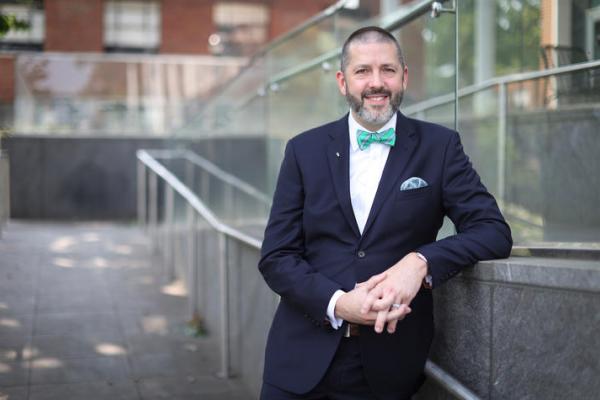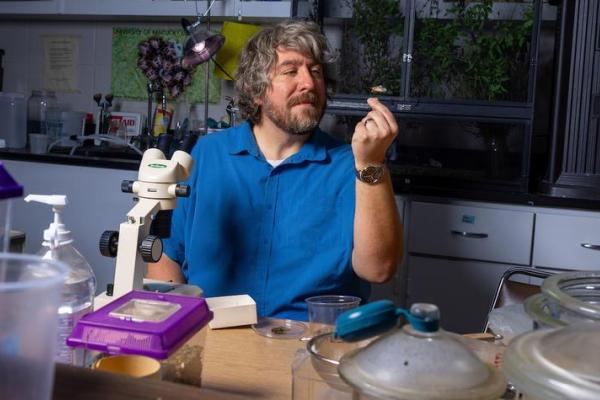UK Ph.D. Students Gain Science Advocacy Skills in D.C.
This spring the Office of the Vice President for Research sponsored Kaylynne Glover, a Ph.D. candidate in biology, and Alexa Johnson, a Ph.D. student and graduate research assistant in the UK Sports Medicine Research Institute (SMRI), to go to Washington D.C. for “CASE: Catalyzing Advocacy in Science and Engineering.” This three-and-a-half-day program through the American Association for the Advancement of Science (AAAS) offered these young researchers a firsthand view of Congress, the federal budget process and effective science communication.
“I love the intersection between science and society. That's where I want to spend my life,” said Glover, “I want to be able to work with the public, but what else can I do other than write blogs or create a Facebook page that advocates for science? In my limited capacity, what else is there? How can I get access? This gave me access. I got training in how to work with politicians and staffers. I can now make these connections that I need to be able to make effective change.”
Glover and Johnson received training from AAAS staff, the White House Science and Technology Office,NSF and NIH representatives, and met with Kentucky Congressman Brett Guthrie, and staff members for Sens. Mitch McConnell and Rand Paul, and Reps. Andy Barr, Hal Rogers and James Comer.
The CASE training dispelled the myth that the general public is against research. Johnson and Glover learned that, in fact, 80 to 90 percent of people support science and scientific research. “There are actually other problems that come into play when it comes to science funding. And those go back to larger ideological type questions,” Glover explains. “How far do we go with artificial intelligence, what does nanotechnology say about human society? Where do we find these lines? How can we better address these ideological problems that people face?”
These questions aren’t new for Glover. In her previous role at Arkansas State she created a lecture on science and religion and hosted a radio program on this topic. She said this experience in D.C., which highlighted “meeting people where they are” in an effort to build allies and make progress, has catalyzed her understanding of how these questions impact policy.
Johnson said she was excited to bring her research in biomechanics at the SMRI to D.C. “The SMRI is a multidisciplinary research center that focuses on injury prevention, rehabilitation and performance in athletics, active duty military, veterans, women’s health, jockeys and a wide array of active populations. Policy plays a big part in the SMRI. We were originally founded with the help of a Department of Defense grant. And that grant was advocated for by our Kentucky Congress members, so it was really great to meet with some of those staff members and make the SMRI come alive to them.”
Johnson emphasized that learning about the appropriations process and strategies for effective science communication are skills she’ll treasure. She said, “This trip was a valuable experience to learn about the way that policy affects federal funding and affects research. As a graduate student, you learn a lot about how to do research and how to disseminate research successfully, but you don't necessarily learn a lot about what happens on the back-end in terms of applying for grants. Going to this workshop gave me that insight. That was really valuable.”
More from this series Graduate Research
Credits
Blog by Vice President for Research Lisa Cassis. Produced by Alicia P. Gregory, videography/direction by Chad Rumford and Ben Corwin (Research Communications).



